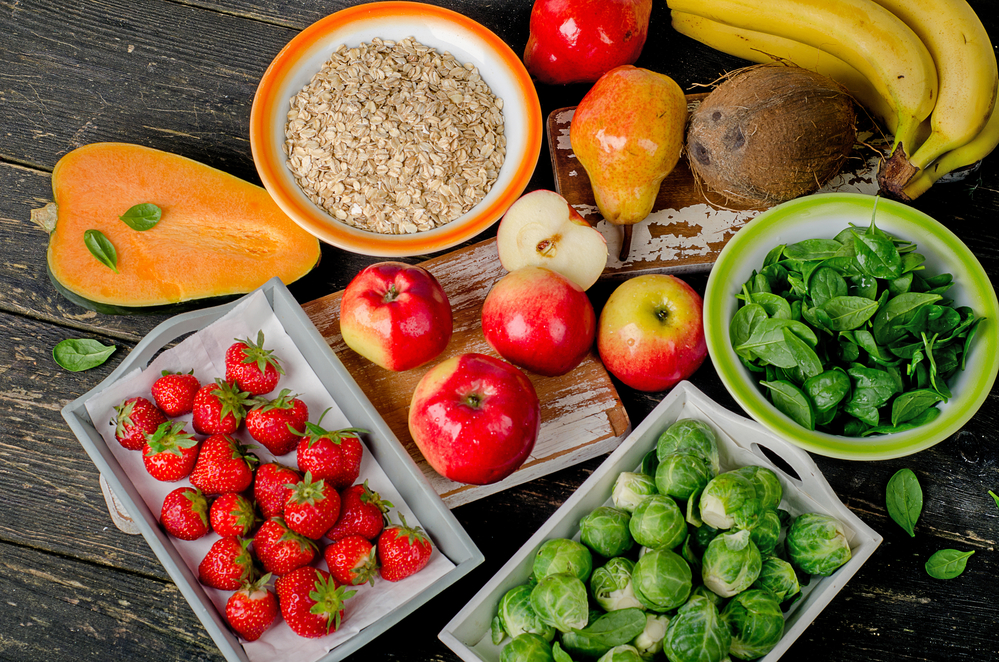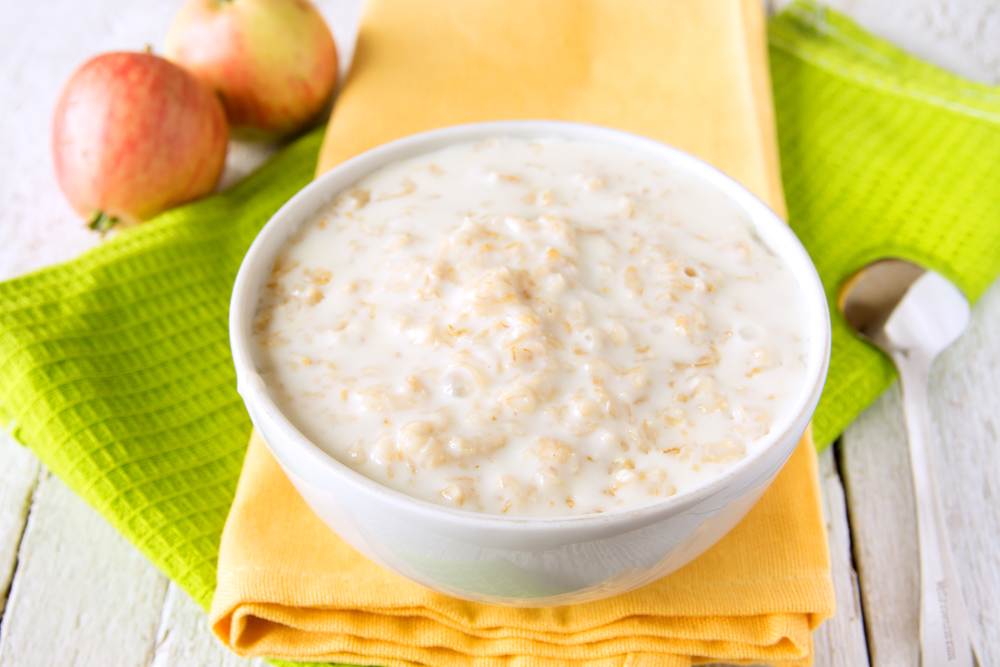Eating many different foods helps maintain healthy blood pressure

We all know that a low-sodium diet is helpful for reducing blood pressure. Additionally, it is important to eat many different foods that can help maintain healthy blood pressure.
High calcium helps keep healthy blood pressure
Calcium has many benefits for the human body including strengthening the bones and protecting soft tissues. Calcium can not only help dilate blood vessels but also excrete sodium through the urinary system.
Calcium-rich foods include dairy products, sunflower seeds, soybeans, peanuts, walnuts, fish and shrimps, red dates. Other foods like garlic, kelp, and seaweed are also good choices.
High potassium promotes sodium excretion
Potassium and sodium are both essential for the body to function normally and help maintain blood pressure. High potassium can inhibit the sodium intake and promote sodium excretion from the urine to help reduce blood pressure.
Fresh fruits, such as oranges, bananas, cantaloupes, etc, contain rich potassium. In addition, green vegetables are also rich in potassium. Staple foods like taro and potato can help supplement potassium.
Moreover, some low-sodium salt products containing potassium are good sources of potassium.
High fiber helps regulate blood lipids
Dietary fiber can help defecation. They can also absorb bile salts to prevent them from synthesizing into cholesterol in the liver, through which the metabolism of blood lipids can be regulated to slow the hardening of the arteries.
Whole grains are rich in dietary fiber, but do not eat too much in the daily diet. They should be eaten together with coarse and fine grains.
Vegetables like spinach, celery, rapeseed, potatoes and taro, mushrooms, fungus, etc, are rich in dietary fiber.
Can you drink fruit and vegetable juices?
Eating fruits and vegetables directly is the best option, but if you don’t like fruits and vegetables, freshly squeezed fruit and vegetable juices, which contain a variety of vitamins, potassium, calcium, magnesium and other nutrients, are also good for you.
It is important to know that in order to take in more dietary fiber, fruit and vegetable juices is preferably drunk together with the fruit slags. For obese or overweight patients with hyperglycemia, it is not advisable to drink pure juice to avoid excessive intake of sugar. It is better to mainly drink vegetable juices.


